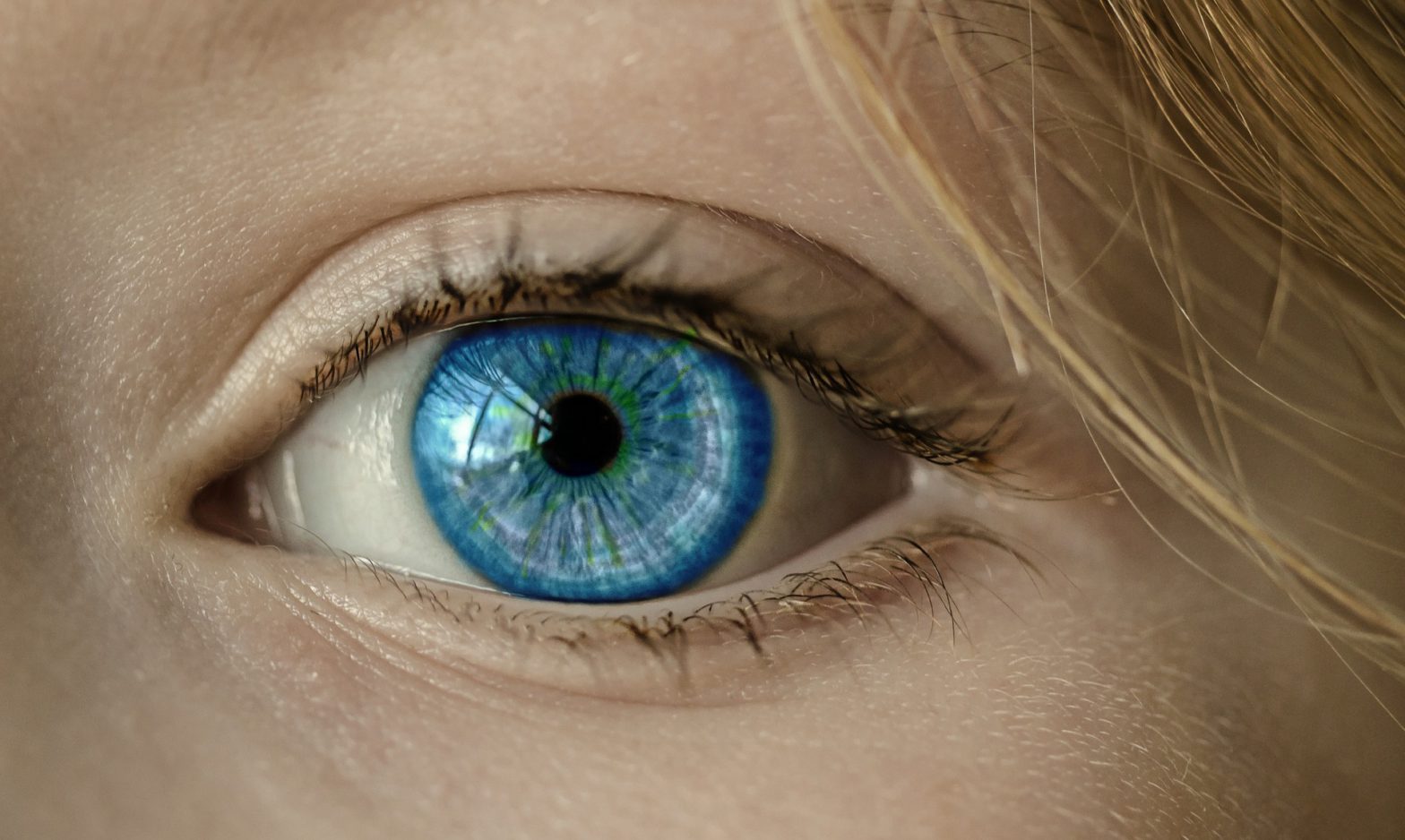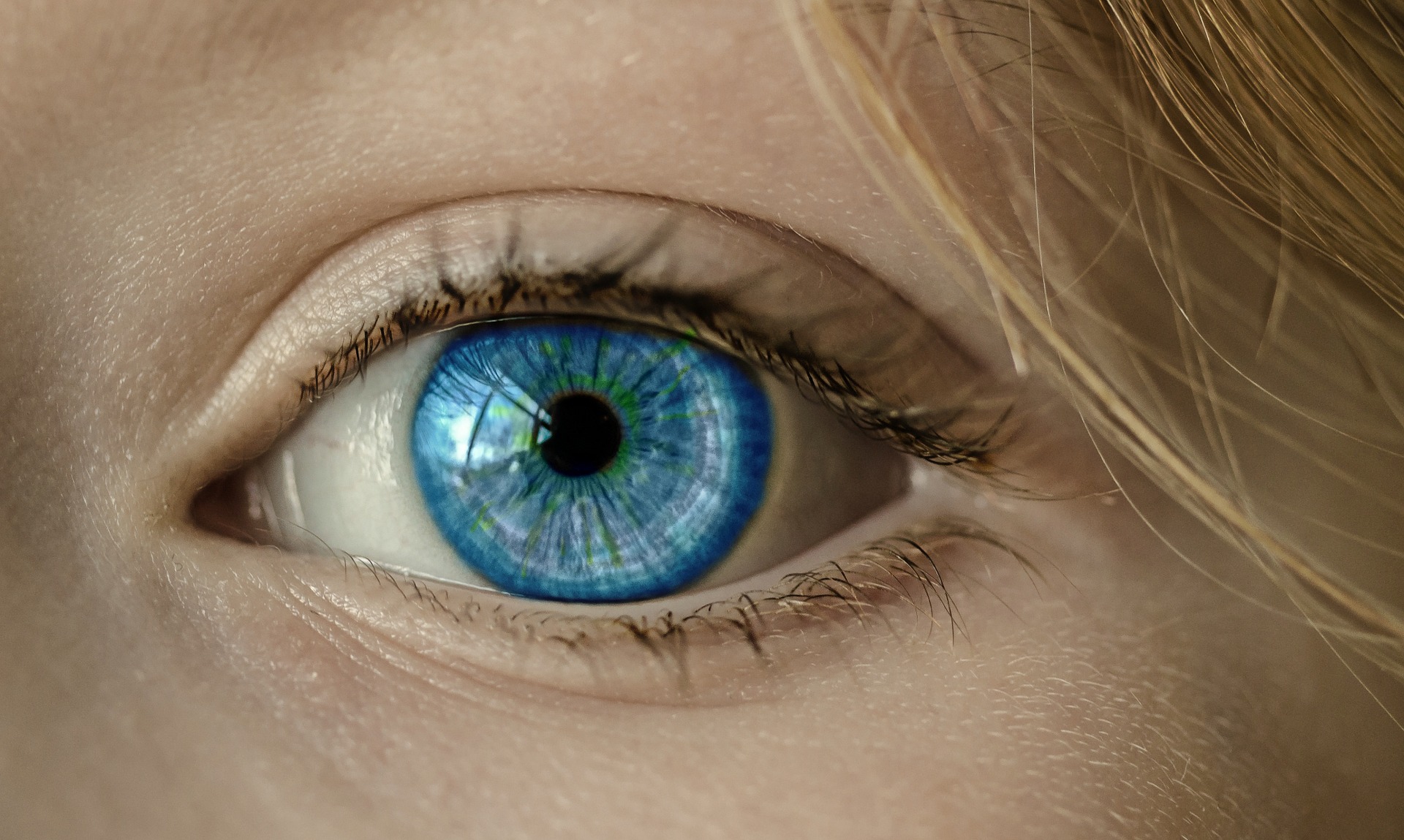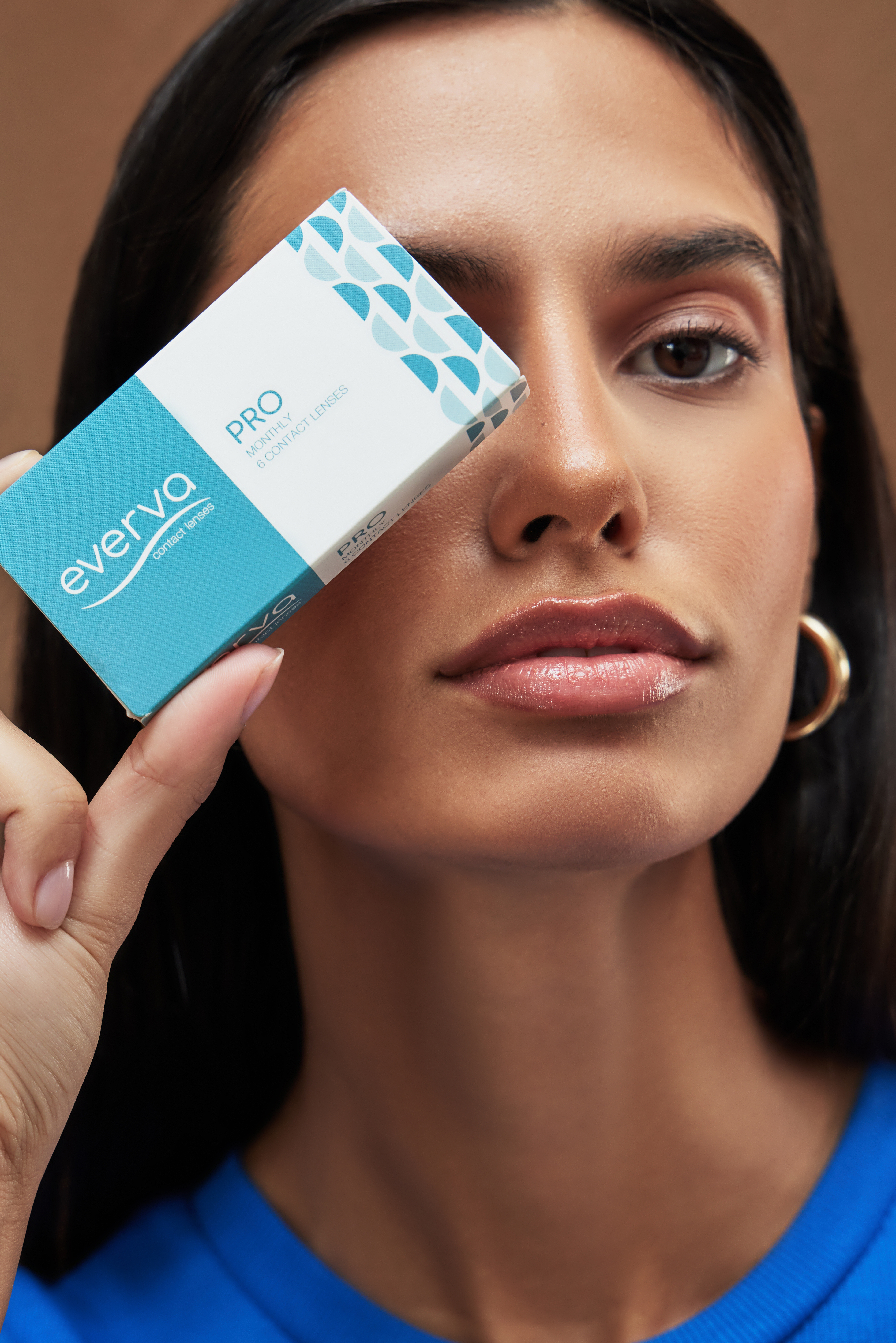No More Tears: Understanding the Common Causes and Treatments for Itchy Eyes
Itchy eyes are a really bothersome and uncomfortable experience that affects millions worldwide. Whether it’s due to allergies, dryness, or eye strain, the constant need to scratch can make things worse and can even harm your eyes. It can affect your daily activities, mess with your vision, and impact your overall well-being. That’s why it’s important to know itchy eyes causes and treatments and take preventive measures.
In this article, we’ll look at the common factors that contribute to itchy eyes and explore practical tips to relieve discomfort, keep your eyes healthy, and maintain clear vision.
 woman wearing sunglasses (SummerSale_5588)
woman wearing sunglasses (SummerSale_5588)
Understanding Itchy Eyes
When our eyes come into contact with things like pollen or dust, our body’s immune system reacts by releasing histamine. This histamine attaches to receptors on nerve cells in the eyes, which then sends signals that cause itchiness. Along with itchiness, histamine also makes the blood vessels in the eyes dilate and swell, resulting in redness and inflammation. Additionally, sensory nerve fibers in our eyes become stimulated, transmitting itch signals to the brain. This response is a way for our bodies to safeguard our eyes by alerting us to a potential problem, but unfortunately, it can also bring about uncomfortable itchiness.
 Man wearing sunglasses (J6-Blackout-7700-2)
Man wearing sunglasses (J6-Blackout-7700-2)
Why are My Eyes Itchy?
There are a number of different factors that causes your eyes to itch, including the following:
Eye allergies
Allergies, including allergic conjunctivitis, are a common reason for itchy eyes. When the eyes come into contact with allergens like pollen, pet dander, mold, or dust mites, the immune system can overreact, causing an allergic reaction. This can result in itchy, red, swollen eyes with watery discharge. There are two main types of eye allergies: seasonal allergies, also known as hay fever, and perennial allergies, which are caused by indoor substances.
Dry eyes
Insufficient tear production or poor-quality tears can cause dry eyes, resulting in itchiness. Several factors may contribute to dry eyes, such as aging, hormonal changes, certain medications (like antihistamines and decongestants), and underlying medical conditions like Sjögren’s syndrome, rheumatoid arthritis, or lupus. Dry eyes can lead to discomfort, redness, a burning sensation, and a gritty or sandy feeling in the eyes.
Eye infections
Eye infections, whether viral or bacterial, can bring about itching alongside redness, discharge, and sensitivity to light. One such infection is conjunctivitis, commonly referred to as pink eye, which is highly contagious and can be caused by viruses, bacteria, or allergies. It’s important to seek medical attention and suitable treatment for itchy eyes caused by infections.
Exposure to irritants
Exposure to various irritants can cause your eyes to feel itchy. Smoke, pollution, chemical fumes, chlorine in pools, as well as perfumes and cosmetics, can all irritate your eyes and make them itch. If you wear contact lenses, you may experience itchiness due to allergies to the lens solution or sensitivity to the materials used in the lenses. Rubbing your eyes with dirty hands can introduce even more irritants and make the problem worse.
Digital eye strain
With the rise in screen time and prolonged use of electronic devices, many people suffer from digital eye strain, also known as computer vision syndrome. Spending long hours staring at screens can cause dryness, eye fatigue, discomfort, and itching. You can manage these symptoms by following some simple steps. Remember to take regular breaks and look at something 20 feet away for 20 seconds every 20 minutes, practice good posture, and try some blink exercises. These small adjustments can make a big difference in reducing the strain on your eyes.
Other factors
Itching in the eyes may occur due to various reasons. Some of them include environmental factors like windy or dry climates, allergic reactions to medications or eye drops, hormonal changes during pregnancy, or specific eye conditions such as blepharitis (inflammation of the eyelids) or uveitis (inflammation of the middle layer of the eye).
 woman wearing sunglasses (_YKP0262)
woman wearing sunglasses (_YKP0262)
Treatments for Itchy Eyes
There are numerous remedies for itchy eyes you can try out for temporary relief and long-term management. These include the following:
Over-the-Counter remedies
There are some great options available without a prescription if you’re dealing with itchy eyes. Antihistamine eye drops like ketotifen, azelastine, or olopatadine can stop histamine release and ease allergy-related itching. You can also try lubricating eye drops, which work like artificial tears to moisturize your eyes and give some relief from dryness-induced itchiness.
Prescription treatments
If your itchy eyes are severe or caused by underlying conditions, it may be best to consider prescription treatments. Prescription-strength eye drops that contain antihistamines, mast cell stabilizers, corticosteroids, or a combination of these can effectively address the root causes of the itchiness. These medications help reduce inflammation and provide more significant relief. Remember to consult with an eye care professional before using prescription medications to ensure suitability.
Home remedies
There are a few simple home remedies that can help ease the discomfort of itchy eyes. Placing a cold compress over your closed eyes can reduce inflammation and soothe irritation. You can also try placing cucumber slices or chamomile tea bags on your closed eyes for relief. Washing your eyelids with warm water and mild baby shampoo can be helpful if your itching is due to blepharitis. To reduce eye strain and itchiness, try to avoid allergens, keep your eye hygiene in check, and take regular breaks from screens.
 A couple wearing sunglasses (NEW SUNNIES0407)
A couple wearing sunglasses (NEW SUNNIES0407)
When to Seek Medical Help
While some cases of itchy eyes can be managed with over-the-counter remedies and home care, it is important to be aware of some symptoms that may warrant consulting a healthcare professional. These include the following:
- Intense and persistent itchiness for an extended period that worsens despite self-care measures.
- Changes in your vision, like blur or sensitivity to light.
- Eyes that are really red or swollen, or if you notice any major changes in how they look.
- Itchy eyes accompanied by pain, discomfort, or a feeling like something is in your eye.
- An excessive amount of discharge from your eyes, along with pain, itching, or any changes in appearance.
Preventing Itchy Eyes
You can keep itchy eyes at bay by adopting certain habits and lifestyle adjustments. Some tips that can keep your eyes itch-free include the following:
- Keep your eyelids clean by gently washing them with a mild cleanser or diluted baby shampoo. This will help remove impurities and lower the chances of inflammation.
- Stay away from allergens to prevent unwanted allergic reactions. Close your windows when pollen levels are high, consider using air purifiers, make sure to wash your bedding often, and steer clear of places with known irritants or pets.
- Don’t forget to wear sunglasses with UV protection when you’re outside. They’ll help keep your eyes safe from dust, pollen, and other irritants in the air.
- Try to maintain humidity levels indoors at 30-50% to prevent any dryness. If needed, consider using a humidifier. Be mindful of overexposure to air conditioning or heating.
- Avoid touching or rubbing your eyes with dirty hands. This can prevent introducing any additional irritants that may make the itching worse.
- If you spend a lot of time looking at screens, try out the 20-20-20 rule: every 20 minutes, take 20 seconds to look at something 20 feet away.
 Woman wearing sunglasses (DSCF5064)
Woman wearing sunglasses (DSCF5064)
Conclusion
Itchy eyes can have a significant impact on your daily life and overall well-being. Taking care of your eyes is super important to keep them feeling comfortable and itch-free. Getting regular eye exams is a great way to catch any problems early on. Plus, practicing good eye hygiene and seeking help from a pro when you need it will make sure your eyes stay healthy and happy.
If you are looking for contact lenses, cleaning solutions, or prescription glasses, then Eyewa can help you out. We have one of the best collections of branded lenses and glasses. Check out Eyewa today!







